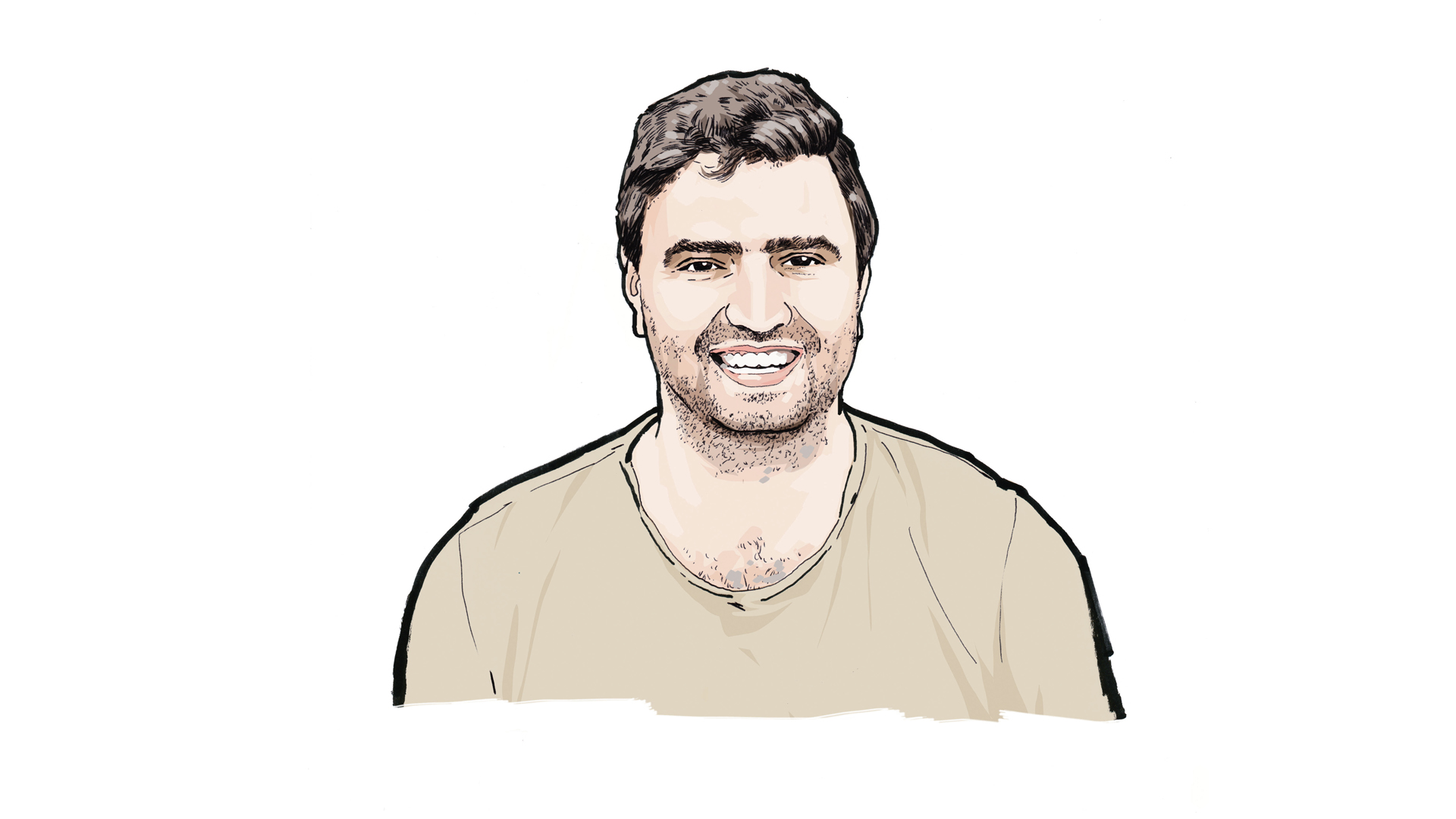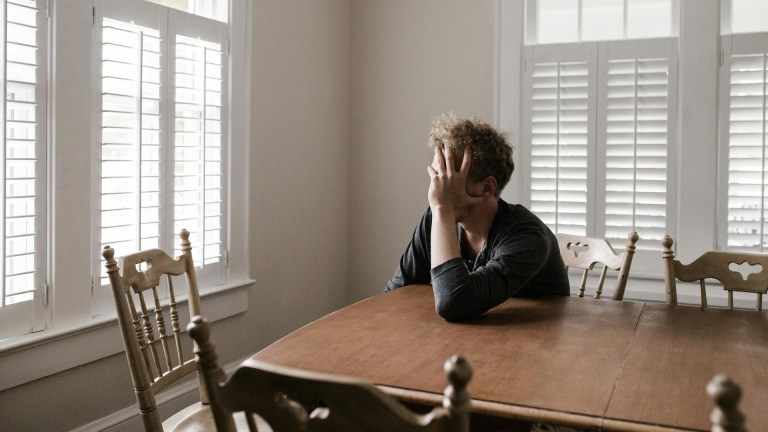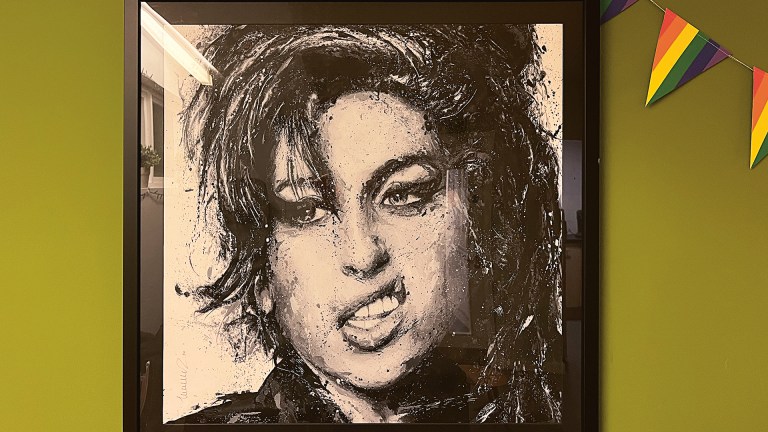In London, refugees are pedalling their way to independence – and it’s all thanks to Jem Stein. The 31-year-old created The Bike Project, a social enterprise donating refurbished second-hand bicycles to refugees and asylum seekers. The exercise is important, Stein says, but it is about more than that – access to services, health care, legal aid, a social life are all made possible by a bike in the sprawling capital. TV presenter Louis Theroux was convinced enough to get involved.
Stein, originally from Oxford, studied Government at the London School of Economics until 2010. While a student, he signed up to a buddy project which resulted in him mentoring a 16-year-old asylum seeker, Adam, from Darfur. He saw that the boy was struggling to get around, largely because of money – people waiting on asylum claims being processed are banned from working and instead are given just £37 a week by the government. Stein’s younger brother had a spare bike; Stein refurbished it and gave it to his mentee, thinking very little of it.
“That was the first sense of really living in London for him,” Stein says, still moved by how quickly a bike changed Adam’s life. “Suddenly he could access education and healthcare. We could go on bike rides together. I took him boxing. That really got me thinking about this as a solution to something.”
After graduating, Stein spent some time as a youth worker in his local Jewish community, working with kids on issues like mental health and social action. But all the while he was collecting old, rusting bicycles abandoned in London or donated directly to him and storing them in his back garden. He wanted to give all refugees and asylum seekers the same independence he had given Adam.
They felt independent, more in control of their lives
The Bike Project grew legs. More people were donating bikes; more vulnerable people were receiving bikes and with them, agency. The charity was outgrowing Stein’s back garden. He had to change gear.
But as The Bike Project gained traction, his perspective on the power a bike had to change a life morphed. “At first I was very concerned with the tangible benefits like saving money. But when we started researching the impact we were having, we realised there was another aspect to it – the emotional benefit.








